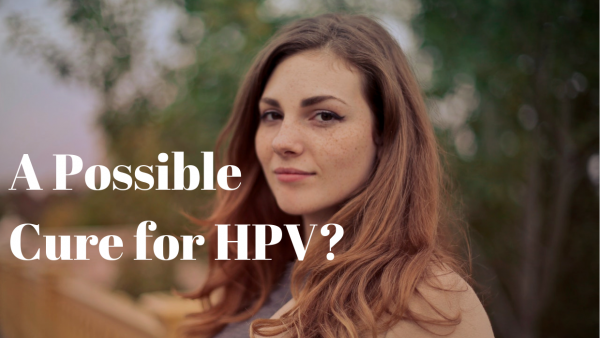As I was strolling through my feed on Instagram I noticed an interesting headline. Hmmm... I thought no way this has to be fake news, let me do further research. As I began to investigate some more I found tons of online news articles stating the same exact information. There is now a potential cure for HPV!
Dr. Eva Ramon Gallegos and her research team at Mexico's National School of Biological Sciences (ENCB) of the National Polytechnic Institute (IPN), have created a therapy that eliminates 100% of HPV. Dr. Eva Gallegos and her team have been working on finding a cure for the past 20 years. According to the research, this therapy has no side effects. "Unlike other treatments, it only eliminates damaged cells and does not affect healthy structures. Therefore, it has great potential to decrease the death rate from cervical cancer," she explained, as per a Radio Guama report. Cervical cancer is called the 'silent killer' because its symptoms do not appear until it reaches an advanced state. It develops slowly over time, which gives women ample opportunities to detect and stop the disease.
Now, let's not get carried away as of yet because according to Cancer Health after that claim was reiterated by many publications and went viral on social media, further investigation revealed that the company hoped to have its product—which so far has been tested in mice—ready for the first human clinical trials within a year. Only around 10 percent of drugs that enter clinical trials ever complete the process and gain approval from the Food and Drug Administration (FDA), with an even lower success rate for cancer therapies, according to a recent MIT study.
HPV is primarily a sexually transmitted disease, and most sexually active people carry some of the more than 100 known types. HPV can come and go over time as the immune system clears it and reinfection occurs. HPV triggers abnormal cell growth, including warts and precancerous tissue changes known as dysplasia. If left untreated, these abnormal changes can progress to cervical, anal, genital and mouth and throat cancers. Oral cancer is becoming more common and a growing proportion is attributable to HPV. HPV vaccines were previously approved only for young women ages 9 to 26, as immunization is more likely to be effective if given prior to becoming sexually active. The approval was later extended to men and women ages 27 and 45.
Certainly, this is great news, however, preventive measures must be considered by taking the recommended annual tests, use protection during sex, and consider taking the vaccine if you are under the age of 45. HPV can stay dormant for years before it starts causing the cell damage that can lead to cancer. Early detection is your best strategy until a cure is found.
Sources:
https://www.indiatimes.com/technology/news/mexican-scientist-develops-100-cure-against-hpv-which-leads-to-cervical-cancer-361867.html
https://www.cancerhealth.com/article/cure-hpv-fast


